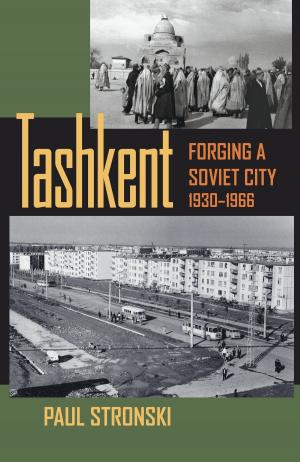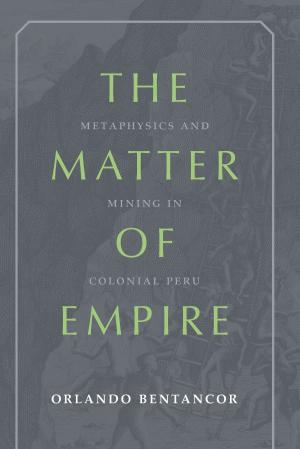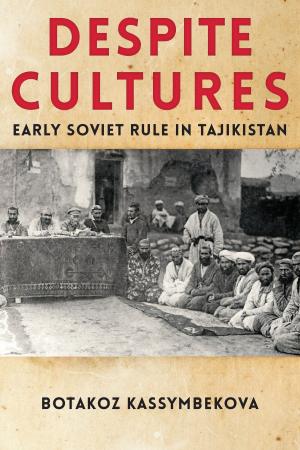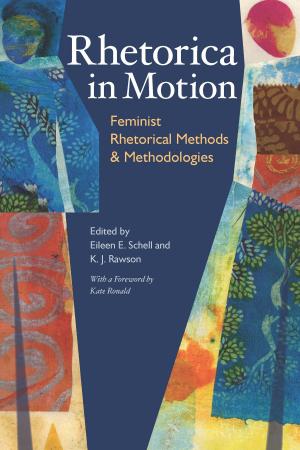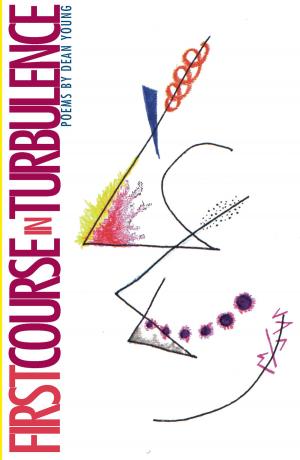South Asian in the Mid-South
Migrations of Literacies
Nonfiction, Reference & Language, Language Arts, Literacy, Social & Cultural Studies, Social Science, Cultural Studies, Ethnic Studies| Author: | Iswari P. Pandey | ISBN: | 9780822981022 |
| Publisher: | University of Pittsburgh Press | Publication: | December 18, 2015 |
| Imprint: | University of Pittsburgh Press | Language: | English |
| Author: | Iswari P. Pandey |
| ISBN: | 9780822981022 |
| Publisher: | University of Pittsburgh Press |
| Publication: | December 18, 2015 |
| Imprint: | University of Pittsburgh Press |
| Language: | English |
Winner of the 2017 CCCC Advancement of Knowledge Award.
In an age of global anxiety and suspicion, South Asian immigrants juggle multiple cultural and literate traditions in Mid-South America. In this study Iswari P. Pandey looks deeply into this community to track the migration of literacies, showing how different meaning-making practices are adapted and reconfigured for cross-language relations and cross-cultural understanding at sites as varied as a Hindu school, a Hindu women’s reading group, Muslim men’s and women’s discussion groups formed soon after 9/11, and cross-cultural presentations by these immigrants to the host communities and law enforcement agencies. Through more than seventy interviews, he reveals the migratory nature of literacies and the community work required to make these practices meaningful.
Pandey addresses critical questions about language and cultural identity at a time of profound change. He examines how symbolic resources are invented and reinvented and circulated and recirculated within and across communities; the impact of English and new technologies on teaching, learning, and practicing ancestral languages; and how gender and religious identifications shape these practices. Overall, the book offers a thorough examination of the ways individuals use interpretive powers for agency within their own communities and for cross-cultural understanding in a globalizing world and what these practices mean for our understanding of that world.
Winner of the 2017 CCCC Advancement of Knowledge Award.
In an age of global anxiety and suspicion, South Asian immigrants juggle multiple cultural and literate traditions in Mid-South America. In this study Iswari P. Pandey looks deeply into this community to track the migration of literacies, showing how different meaning-making practices are adapted and reconfigured for cross-language relations and cross-cultural understanding at sites as varied as a Hindu school, a Hindu women’s reading group, Muslim men’s and women’s discussion groups formed soon after 9/11, and cross-cultural presentations by these immigrants to the host communities and law enforcement agencies. Through more than seventy interviews, he reveals the migratory nature of literacies and the community work required to make these practices meaningful.
Pandey addresses critical questions about language and cultural identity at a time of profound change. He examines how symbolic resources are invented and reinvented and circulated and recirculated within and across communities; the impact of English and new technologies on teaching, learning, and practicing ancestral languages; and how gender and religious identifications shape these practices. Overall, the book offers a thorough examination of the ways individuals use interpretive powers for agency within their own communities and for cross-cultural understanding in a globalizing world and what these practices mean for our understanding of that world.

